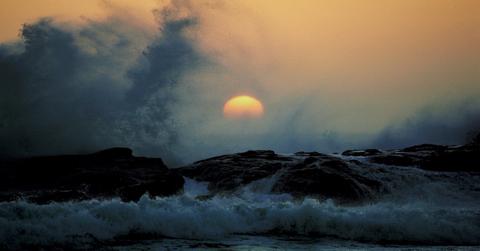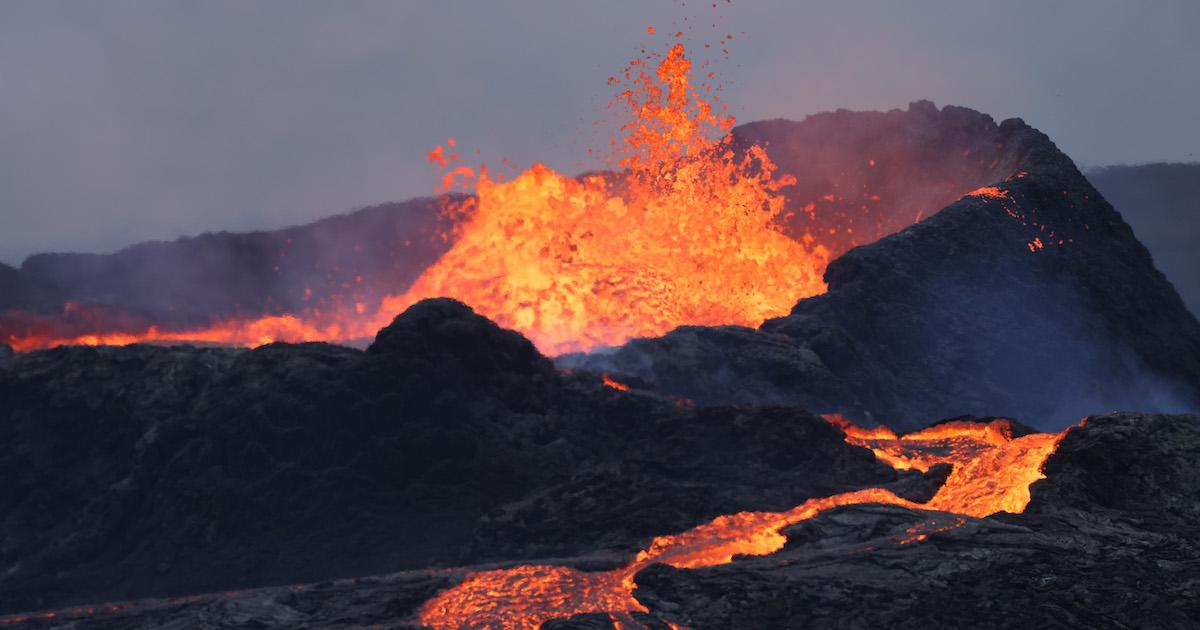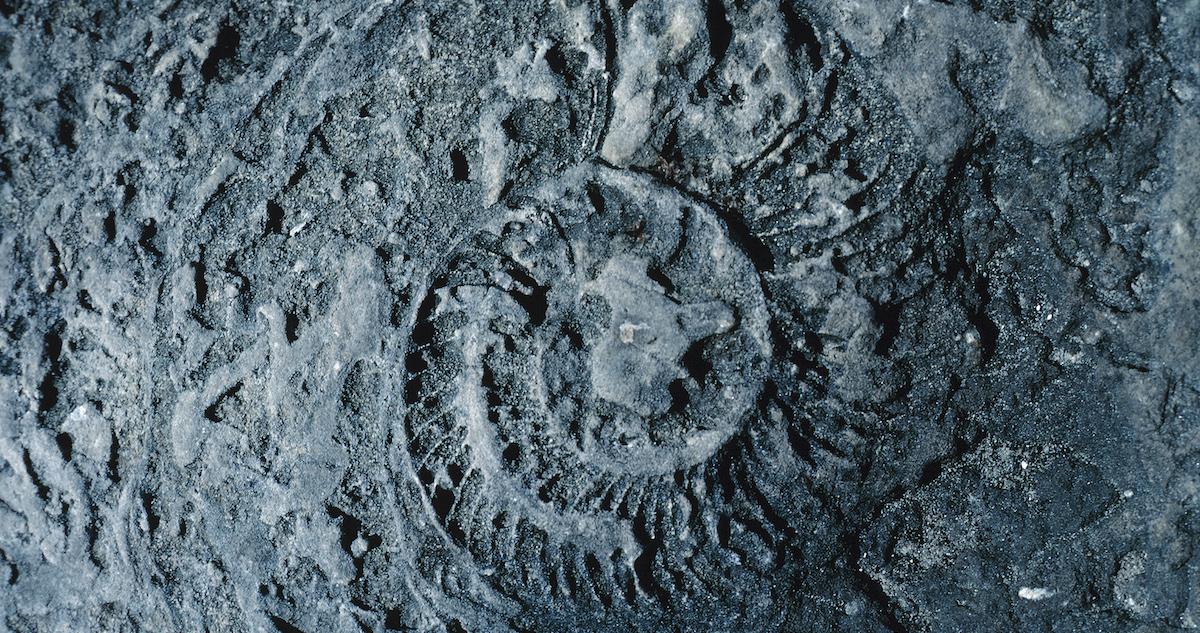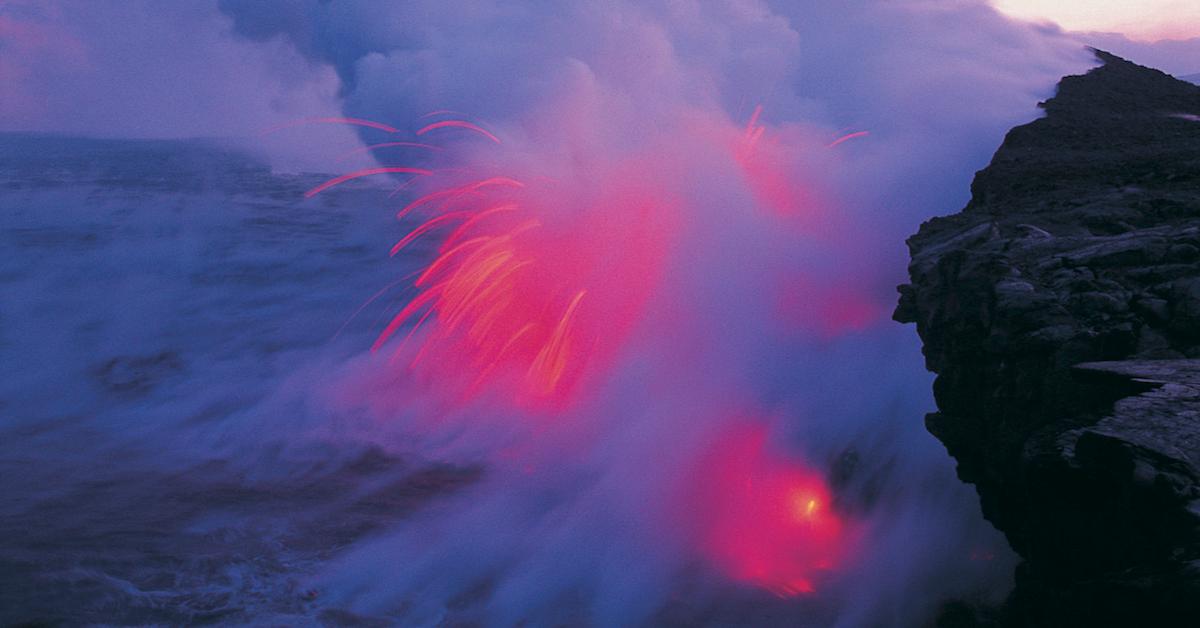Will Climate Change Kill Off Humanity?
Published Aug. 24 2021, 3:56 p.m. ET

When we think of the long-term effects of climate change, we conjure images of rising oceans, parched farmlands, and ever-burning forests. And it’s no wonder that we think of those things, because we’ve been treated to the first wave of those events on the news every day for the better part of the past decade.
Even more frightening is the fact that some formerly optimistic climate scientists are beginning to believe that humanity has passed a dangerous turning point in the battle against climate change. Still, even if we have crossed the rubicon and created conditions that are going to have a serious and life-altering effect on the climate, does that mean that climate change will kill us all?

Will climate change kill us all?
This is a complicated question, but the simple answer is that climate change could kill us all — it’s done it before, in fact. According to Peter Brannen’s book The Ends of the World, climate change has affected our planet in major ways on multiple occasions in the past 4.5 billion years. The End-Ordovician mass extinction was likely caused by a mass cooling and subsequent mass warming of the planet.
After that, one of the major causes of the Late Devonian Mass Extinction was probably caused by ocean acidification, brought on by climate change. The End-Permian Mass Extinction, otherwise known as “the Great Dying,” took out a whopping 96 percent of life on our planet. And yes, that was likely due to some massive surge of global warming as well.
The good news, if there is any to be had, is that these extinctions happened over millions of years and that the Earth’s warming and cooling climate likely did not affect all life all at once. The bad news is that our current rate of climate change is happening at a much faster rate. We also have a lot more infrastructure in place than the trilobites and nautiloids did.
According to New York Magazine, the signs of global warming’s effects are already there. In a sort of poetic bit of celestial irony, the Svalbard Doomsday vault, which is supposed to act as means of ensuring the survival of our collective agriculture, was flooded recently due to melting, thawing glaciers. The vault survived mostly undamaged, but the flooding revealed that the Earth’s eventual deluge is likely at hand.
If climate change continues on its current course and at its current rate, it won’t just be floods and fire that kill off our species, it will be starvation. Extinction happens when the food web is affected, usually from the bottom up. According to Peter Brannen, most of the world’s extinctions occurred when the base pieces of the food web, plankton, krill, insects, and the like, began to die off en masse. If this happens to our planet again, the end could be closer and more painful than we think.

When will climate change cause the end of the world?
According to Time and the rough estimates of some of the world’s best climate scientists, such an extinction might begin as early as 2050. It is estimated that the world will be 1.5 degrees warmer by then and a full 3 degrees warmer by the year 2100 — that is, if carbon emissions are not somehow reversed or mitigated by human intervention.

What will the end of the world look like?
It’s hard to say what the end of the world will look like as it relates to climate change. The coastlines will likely be much farther inland, and the air will be hot and heavy everywhere you go. Pollution and heat will intermingle, creating a noxious, cough-inducing miasma, especially in the summer. According to the grim prognostications of Time, storms and heatwaves will become hard to predict and will cluster, making going outside at all a difficult and dangerous enterprise.
Forests will be gone, people will find it hard to build communities or farmland, and diseases will become even harder to treat — especially those caused by ancient bacteria that might be released when the permafrost glaciers melt. Countless species will go extinct, including fish, bees, and the already endangered animals that we have driven to the edge through greed and imperialism.
It will be a world that no one wants to live in, and few can survive. And it will be our future, if we don’t do something right now, to stop it from coming to pass.